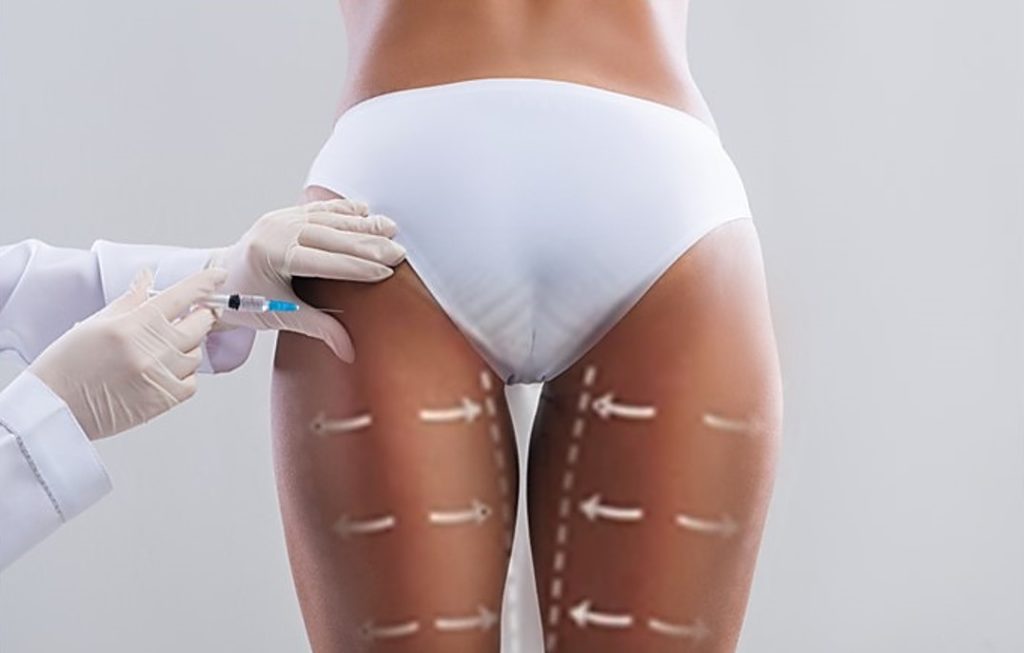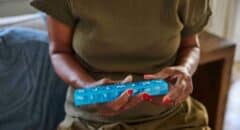 Let’s talk about it. It is widely known and even accepted that women from all over the U.S. and even the world are finding themselves in the Dominican Republic to receive their turn on the plastic surgery train. When top televised shows like Love & Hip-Hop and Basketball Wives display the results every so lovely, any woman can picture themselves in the curated body as well. With that, some women are even willing to skip town to get the job done.
Let’s talk about it. It is widely known and even accepted that women from all over the U.S. and even the world are finding themselves in the Dominican Republic to receive their turn on the plastic surgery train. When top televised shows like Love & Hip-Hop and Basketball Wives display the results every so lovely, any woman can picture themselves in the curated body as well. With that, some women are even willing to skip town to get the job done.
U.S. health officials are warning about the dangers of "medical tourism" after at least 18 women from the East Coast became infected with disfiguring bacteria following plastic surgery procedures they had in the Dominican Republic.
The infections, caused by a type of germ called mycobacteria, can be difficult to treat. At least several of the women had to be hospitalized, undergo surgery to treat the infection and take antibiotics for months, according to the report from the U.S. Centers for Disease Control and Prevention.
One expert said the effects can be devastating.
"It's a very mutilating infection. They're going for cosmetic surgery, and they will be scarred. It's a terrible scenario for people to go down there, get surgery and come back worse than they imagined they could be," said Dr. Charles Daley. He is a Denver infectious disease physician whose clinic has seen patients infected after undergoing these kinds of procedures in the Dominican Republic.
According to the CDC, 21 women from six Northeast and Mid-Atlantic states appear to have been affected by mycobacterial infections after visiting five plastic surgery clinics in the Dominican Republic, a nation in the Caribbean. (Eighteen of the cases are confirmed, and three are considered probable.)
Mycobacteria, which are found worldwide in the environment, "usually infect the skin or lungs, and are responsible for chronic and recurrent infections that are notoriously resistant to antibiotics and difficult to treat," said report co-author Dr. Douglas Esposito. He is a medical officer and epidemiologist with the CDC's Travelers' Health Branch.

More than 80 percent of the infected women reported swelling, pain and scarring. Daley, who works at the National Jewish Health respiratory hospital in Denver, said infected people often need to undergo reconstructive surgery.
It's not clear how the women were infected, although Daley said it's possible the bacteria entered their plastic surgery wounds through tap water or instruments used in surgery. Most underwent liposuction and at least one other surgery, such as procedures to expand the size of the breasts and buttocks or breast reduction.
Daley said his clinic has seen two patients infected after plastic surgery and consulted on a third case. It's not clear how many, if any, are among those in the CDC report.
The risk of this kind of infection is higher in countries like the Dominican Republic and Brazil, he noted, butpatients have become infected in the United States, too. "We are definitely seeing more of these postoperative infections, particularly ones that are related to cosmetic surgery," Daley said.
The CDC report warns about the risks of medical tourism, a term that describes leaving the United States for medical procedures to save money. According to the report, many of the women – most of whom were born in the Dominican Republic – said they went to the country for plastic surgery to save money.
People who have undergone plastic surgery in the Dominican Republic should talk to their doctor about getting tested, Daley suggested. And, people who plan to go there for a procedure should ask the clinic whether they've had infections, he added.
"I would never go to one of those places," he said. "I know too many stories about what's happened to people. It has ruined people's lives."
The fact is you’re taking a chance on your life when you consider altering your body. Plastic surgery is a real medical procedure that incorporates a lot of processes that cannot be overlooked or ignored. You can’t cut corners or costs for the sake of your life. If you feel like plastic surgery is for you, research and visit all facilities prior to your actual surgery. Taking precautions like these could be a matter of life or death.
SOURCES:
Douglas Esposito, M.D., MPH, medical officer and epidemiologist, Travelers' Health Branch, U.S. Centers for Disease Control and Prevention, Atlanta; Charles Daley, M.D., chief, division of mycobacterial and respiratory infections, National Jewish Health, Denver; July 13, 2016, Emerging Infectious Diseases, online









